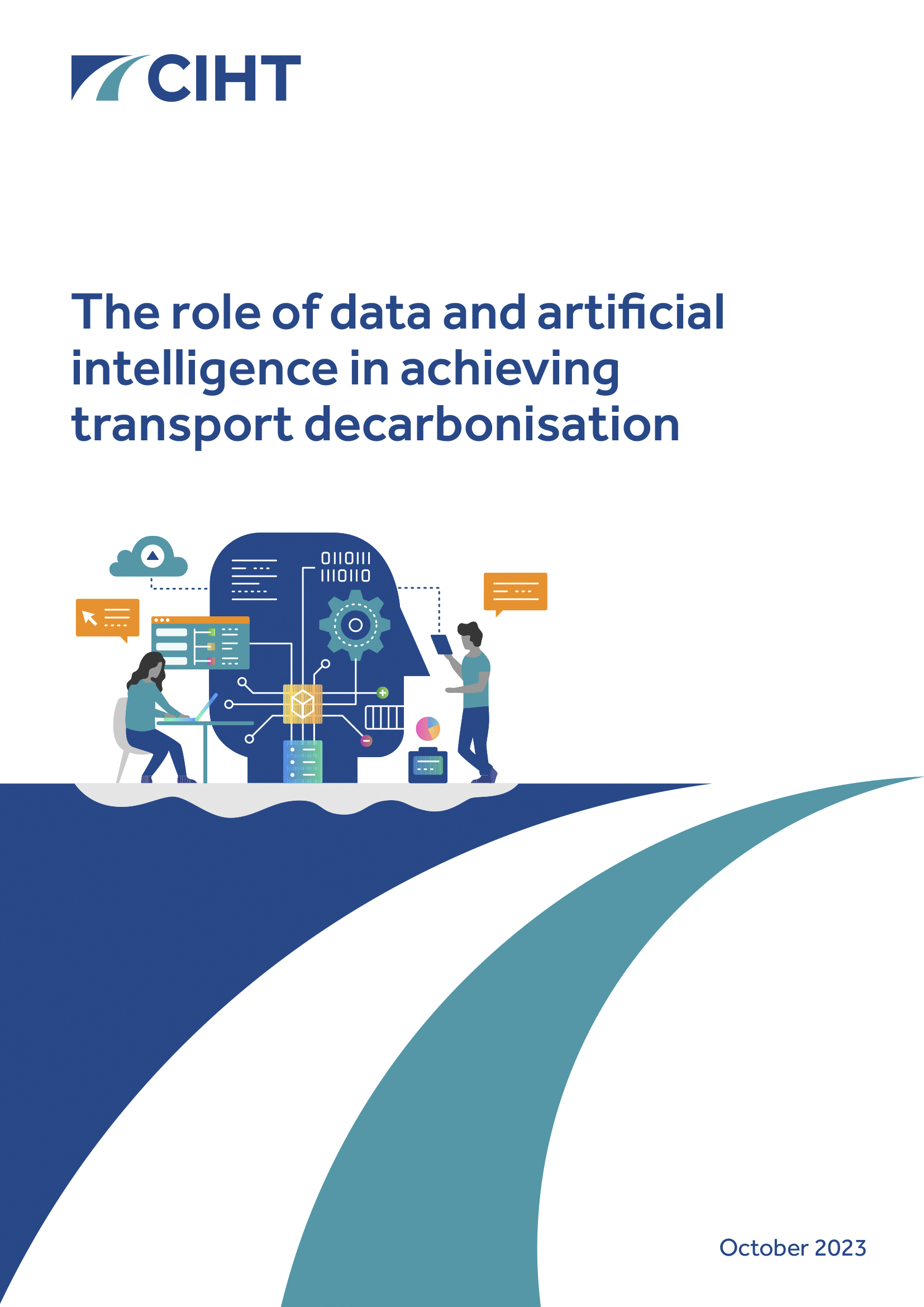

King Charles III announces 21 new bills in the first King’s Speech in over 70 years, including bills for automated vehicles, rail reform and London pedicabs.
Join other savvy professionals just like you at CIHT. We are committed to fulfilling your professional development needs throughout your career
As part of the May 2022 Queen’s Speech, the UK government said it would introduce a Transport Bill during the 2022–23 parliamentary session which would:
However, the Transport Bill was never introduced. In December 2022 the transport secretary, Mark Harper, told the Transport Select Committee that the government would not introduce a transport bill that session, due to a lack of parliamentary time.
It has been highly anticipated that some of the measures in the failed Transport Bill may be included in the 2023 King’s Speech.
Yesterday, 7 November, this was confirmed as the King announced the:
Here we will give an overview of these three new transport-related bills. Full details of all 21 bills announced in the 2023 King’s Speech can be seen here: The King’s Speech Background Briefing Notes.
The Transport Select Committee recently released a report on self-driving vehicles which stated that “the current laws for self-driving vehicles are archaic and limiting, especially concerning testing and legal liability”. The committee recommended that the UK Government devise a new legal framework and that “to do this the Government must bring forward and pass comprehensive legislation in the next parliamentary session to put in place the robust regulatory framework it promised. Failing to do so will do significant and lasting damage both to the UK’s self-driving vehicle industry and to this country’s reputation as a trailblazer”.
It would appear that these recommendations set forward by the Transport Select Committee have been listened to, as the new Automated Vehicles Bill proposes to deliver one of the world’s most comprehensive legal frameworks for self-driving vehicles, with safety at its core.
The Automated Vehicles Bill will do this by:
The majority of the measures in the Bill will extend and apply to Great Britain, England and Wales. The exception to this is the Digitalising Traffic Regulations Order measure which applies only to England.
CIHT recently released a report how data and AI can be used to achieve transport decarbonisation. The report highlights the benefits of using self-driving vehicles to create more personalised travel experiences for the general public and make public transport a more appealing option.
>>> Click here to read the report ‘The role of data and artificial intelligence in achieving transport decarbonisation’

At the Conservative Party Conference on 4 October 2023, prime minister Rishi Sunak announced that the government would not build the remaining phases of the ‘High speed rail 2’ project (HS2). Mr Sunak said that all the money that would have been spent on HS2 phase 2 would instead be spent on other transport projects, including £36bn for a new transport plan entitled ‘Network north’.
Yesterday, on 7 November 2023 King Charles announced that ‘My Government will invest in Network North to deliver faster and more reliable journeys between, and within, the cities and towns of the North and Midlands, prioritising improving the journeys that people make most often.’
Building on this, the draft Rail Reform Bill claims to set a ‘bold vision for future rail customers’ for the whole of the UK, providing punctual and reliable services, simpler tickets and a modern and innovative railway that meets the needs of the nation.
The Draft Rail Reform Bill sets out to do this by enabling:
The Bill extends UK-wide, and most measures apply to Great Britain.
However, in the past, Scottish ministers and Transport Scotland have expressed concerns over how one governing body for rail will work in Great Britain, whilst still respecting that most rail powers in Scotland are devolved.
At present, local authorities outside of London can regulate pedicabs, also known as cycle rickshaws. Transport for London (TfL) does not have these powers, making pedicabs the only form of unregulated public transport on London’s roads. This causes concerns about lack of safety requirements and contravention of traffic rules such as one-way streets, parking restrictions and impeding traffic.
The Pedicabs (London) Bill will enable TfL to regulate London’s pedicabs and protect passengers by:
The Bill will extend to England and Wales, but the measures will apply only in Greater London.
For any press enquires please contact communications@ciht.org.uk
For any technical enquiries please contact technical@ciht.org.uk
Join other savvy professionals just like you at CIHT. We are committed to fulfilling your professional development needs throughout your career
{{item.AuthorName}} {{item.AuthorName}} says on {{item.DateFormattedString}}: